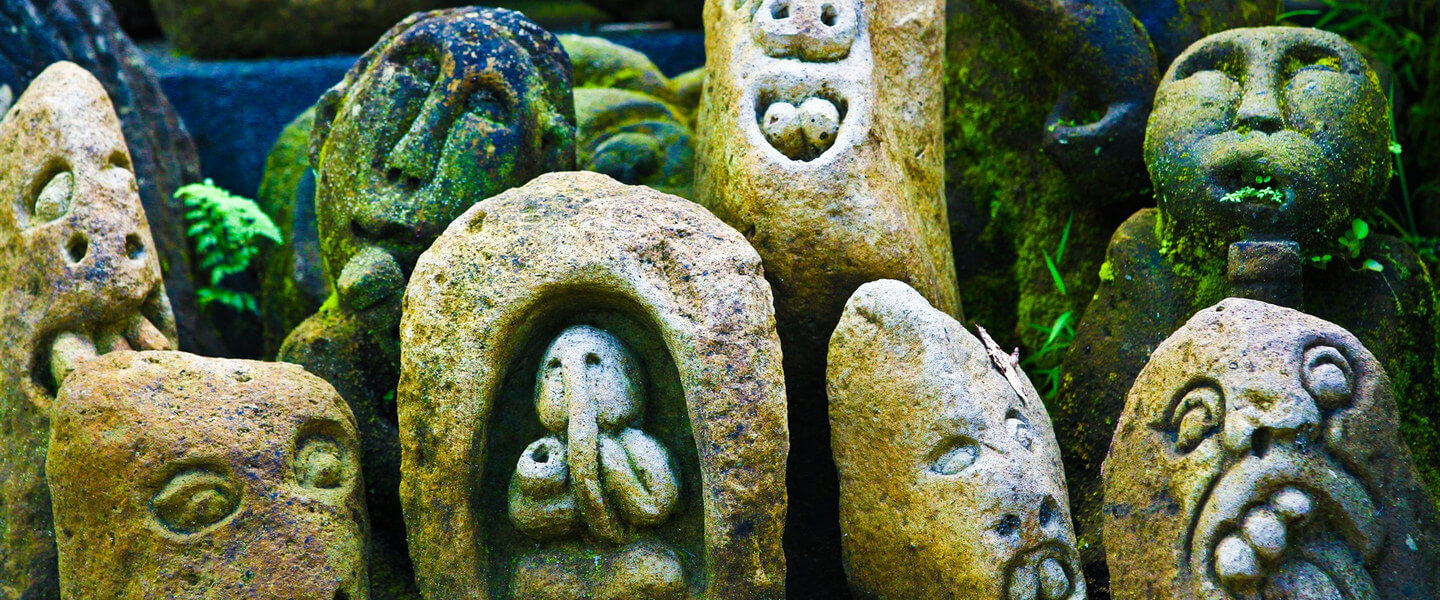It is hard to deny that when we talk about Indonesia in the era of the corona virus pandemic, we seem to be talking about a massive failure of the state. The inability of the state to provide effective protection has led to a catastrophe for its citizens. Indonesia now has the highest number of cases of the virus in the South East Asia region. The death rate of health workers due to the corona infection is also one of the highest in the world. Not to mention the economic difficulties that have emerged due to the pandemic, like the loss of livelihood, unemployment, and even bankruptcy among the Indonesian small businesses.
Nevertheless, state failure is only half the story of Indonesia in the moment of pandemic. The Indonesian people are not completely helpless, and they try to deal with the pandemic in their own way. The absence of the state forces the citizens to make their own collective response. It has become clearer that people must band together in helping each other when needed. As solidarity becomes inevitable, it is not surprising if we find many emerging campaigns of mutual assistance in various regions in Indonesia.
For instance, the people in the capital city of Jakarta have organized a crowdfunding campaign to raise funds to support workers from informal sectors, like motorcycle and taxi drivers, street food vendors, and scavengers, and even to purchase personal protective equipment (PPE) for healthcare workers. Meanwhile, the people in Yogyakarta have organized People’s Food Solidarity, a campaign to connect the direct producers of food in the rural area who have had difficulty selling their products due to the pandemic to the most needy consumers in the urban region who find it difficult to meet their daily needs because of reduced income. This campaign not only ensures that the food producers continue to receive an income because their products will always be bought by the campaign organizers, but also that urban consumers continue to get food supplies, and because they are provided by the campaign organizers, for free.
What is rarely noticed from the grassroot experience is how the pandemic changes the character of the mutual aid itself. Since a pandemic occurs without regard to national borders, mutual aid activities cannot be applied within the boundaries of the state. With the support of information technology that has been very advanced now, we find an interesting experience of the mutual aid activities beyond the state border. The most interesting experience of this cross-country mutual aid is the emergence of a significant number of International online forums that have been organized by grassroots communities in Indonesia. This forum becomes a hub for the people of Indonesia and other countries to share knowledge and experience on how to survive in a pandemic situation without any sufficient support from the state.
An example of this experience can be seen from the emergence of a people's organizing coordination forum initiated by socialist and progressive groups in Southeast Asia, such as Indonesia, the Philippines, and Thailand. Although the membership of this forum is very diverse and cross-country, this forum is united by one common concern; they both experienced the same pandemic policy in which the state did not provide adequate protection for the working people. This forum then becomes a space to discuss and form a common movement platform that can be used by each group to anticipate the impact of a pandemic at the grassroots level while organizing the people to put pressure on the state. To urge the state to become responsible for their people.
One can be skeptical whether such can have a strong political impact on the state. But at the very least, the cross-border initiative represents a certain sentiment of the people who have organized themselves in the mutual aid activities. There is a common sentiment across the border that the current state governance cannot be justified. The question then is whether such feeling can be realized into concrete political action to pressure the state. And with the emerging experience of cross-countries initiative at the grassroot level, it seems that the pressure in the era pandemic can only be organized through some form of international solidarity.


